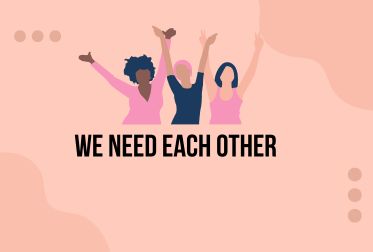
- Category : Menopause
When we talk to our moms about menopause, they often downplay it, saying, ‘Why are you so worked up? It’s just a natural phase we all went through.’ And yes, it’s true—it is natural. But today, many of us experience a wide range of symptoms that leave us feeling uncertain. Is this discomfort just menopause, or is it something more serious? The unpredictability of symptoms, from hot flashes to mood swings, makes it hard to distinguish between what’s normal and what could be a sign of something chronic.
It is a well-known fact…that after women have lost their genital function” they become “quarrelsome, vexatious and overbearing.”
~ Sigmund Freud, Neurologist
For years, many women manage their symptoms knowing they may be linked to menopause, but often without the proper support or guidance. Unfortunately, most doctors receive little education on menopause, leaving women to navigate this significant life transition largely on their own.
The average life expectancy for women is 81, which means women are spending about a third of their lives in menopause. We as a society need to help menopausal women.
We experience a host of symptoms that gynecologist says they can’t do much about, like brain fog.
You walk into a room and forget why you came in the room and then you start thinking that its an onset of dementia possibly because one of your family members had it.
By the time you reach the top of the career ladder you are in menopause.Middle-aged women are stepping into high-level leadership roles, achieving success after decades of hard work and dedication—often while managing the challenges of menopause. Many of these women face unpleasant symptoms like hot flashes, mood swings, and fatigue, yet workplace support for menopause remains inconsistent. Many women are hesitant to discuss their symptoms due to the stigma surrounding them. They fear that speaking up could jeopardize their chances for promotion or cause others to perceive them as less capable.
Oprah Winfrey talked candidly in an interview about how, in her late 40s, she was having severe heart palpitations. She went to every doctor, and no one mentioned peri/menopause.
Every night, she wrote in her journal, " I don’t know if I’ll make it through the morning.”
The heart doctor gave her an angiogram and ended up putting her on a heart medication she didn’t need.
The purpose of StrengthCareConnect here is to let women know they are not alone. You deserve to get the advice and the treatment.
Never accept ’no’ as a final answer. Be your own advocate. Speak openly about menopause.
“There is no greater power in the world than the zest of a postmenopausal woman.” ~ Margaret Mead, cultural anthropologist